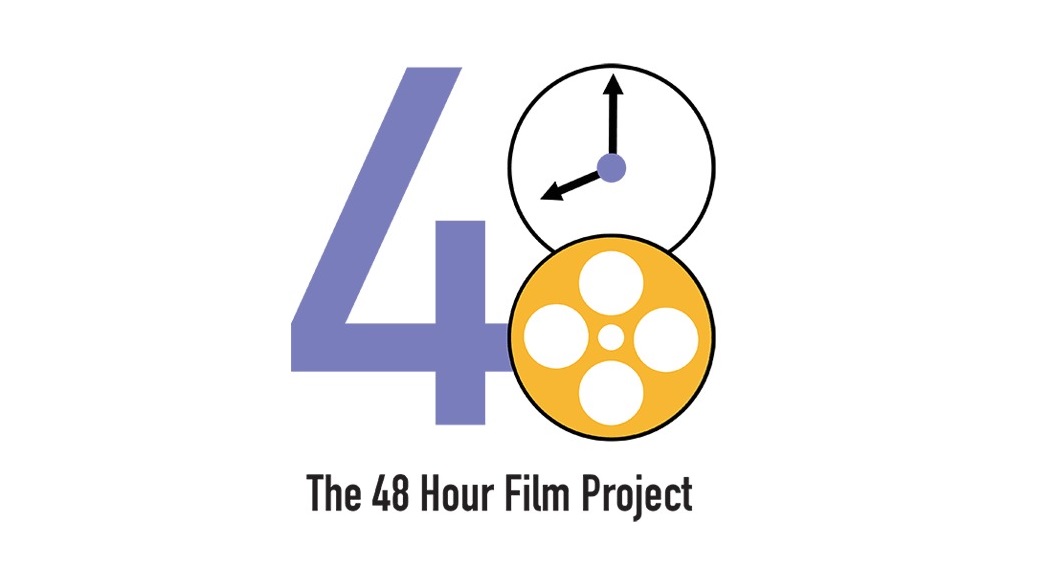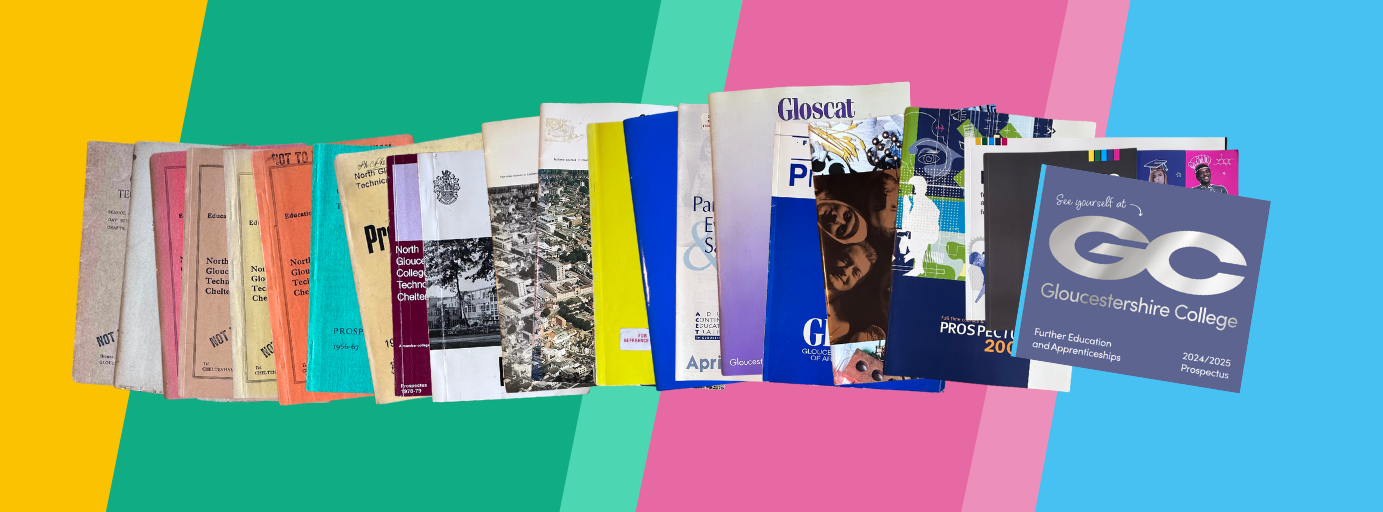22ND DEC 2022
10 top tips for writing your UCAS personal statement


With the UCAS deadline fast approaching, writing your personal statement can feel a bit overwhelming - but it needn’t be! It’s a great opportunity to show admissions tutors what makes you stand out and why you’d be a great fit for their courses. So maybe you’re wondering how to start it, what kind of examples to include, and what kind of content universities like to see? We’ve put together some of our top tips for making the most of your personal statement:
1. It always starts with research!
Understand what you’re applying for. University prospectuses and websites will give detailed information about how the course is studied and the specs of the courses, including any optional modules. Make sure that you know exactly what you’re applying for so that you know if the course is right for you, and your statement can be as relevant as possible.
2. Plan it.
Before you begin writing, sit down and make a list of everything you want to include. It should cover why you have an interest in the course, what makes you ‘stand out’, and experiences you have which show you have an interest in the subject outside of your studies. This is a great time to include any work experience, volunteering, interests and hobbies, part-time jobs, wider reading, trips… anything that you feel is relevant.
3. Focus on your skills
Nobody knows you better than yourself, so think about your strengths and make a point of highlighting them. Talk about the skills you have learnt from your current course - and make them link to the course you’re applying for. This is especially important if you’re applying for a subject which is different to the one you’re currently studying. Maybe you’ve been honing your analytical skills, your research skills, your technical skills – think of some examples and why they’re relevant to your application.
Remember that it’s better to give one really good example that shows what you’ve learnt about the subject or industry, rather than listing skills without explaining how they have prepared you.
4. End with the introduction
The dreaded opening paragraph! You want a punchy opening line, but don’t know where to start? Get your thoughts down first and let the statement start taking shape. This way you’ll know more about what you’re going to say, which will make the intro feel a lot more natural when you come to write it.
5. Let your enthusiasm shine.
Whatever you’ve chosen to study at university, you’ll have chosen it because it’s a subject you love to learn about. Let that enthusiasm shine! Talk about the subject and have fun going into a bit of detail about any aspects that really interest you. This is one of the main ways you can show your uniqueness and curiosity for the subject, so focus on what inspires you to keep learning!
6. Stay focused.
You only have 4000 characters, so make every one count. It doesn’t matter if your first draft goes far beyond that limit, but your finalised personal statement needs to be concise in explaining why you’re applying for university. So, cut the waffle and make sure each paragraph has a direct point supporting your application.
7. Show don’t tell.
Including examples is key. Perhaps you’ve read articles, watched lectures and done extra research which links to the subject. Perhaps you’ve gained team working skills from a big group project and learned about project management from some volunteering. Whatever it is, show how these skills and insights are relevant to what you’re applying for and how that has prepared you for studying at university.
8. Ask for feedback.
Writing a personal statement isn’t something you need to do on your own. Make sure that once you’re happy with your personal statement, you ask someone you trust to give you some constructive criticism. It doesn’t matter whether it’s your lecturer, your student mentor, a close friend or a family member – it’s always best to get a second pair of eyes! Don’t forget that our Careers Team can also offer support and advice, so ask in Student Services if you’d like further help.
9. Expect several drafts and proofread!
It’s not uncommon to end up with three or more drafts for a personal statement as you edit it and add to it. You may look at restructuring it, adding or removing points and revising a few sentences as it all takes shape. Just make sure that your statement flows smoothly – and don’t forget to proofread it.
10. End on a positive note.
Don’t simply reiterate points you’ve already made, but think of a short, sharp and positive ending. You could think about what you want to achieve from the course, your future goals, or how you’d be a great ambassador for the university. Whatever you decide to include, end it on a positive!
Still stuck with writing your statement? Check out our list of the things to avoid when writing your personal statement.
If you are thinking of studying Higher Education, take a look at our courses here.












